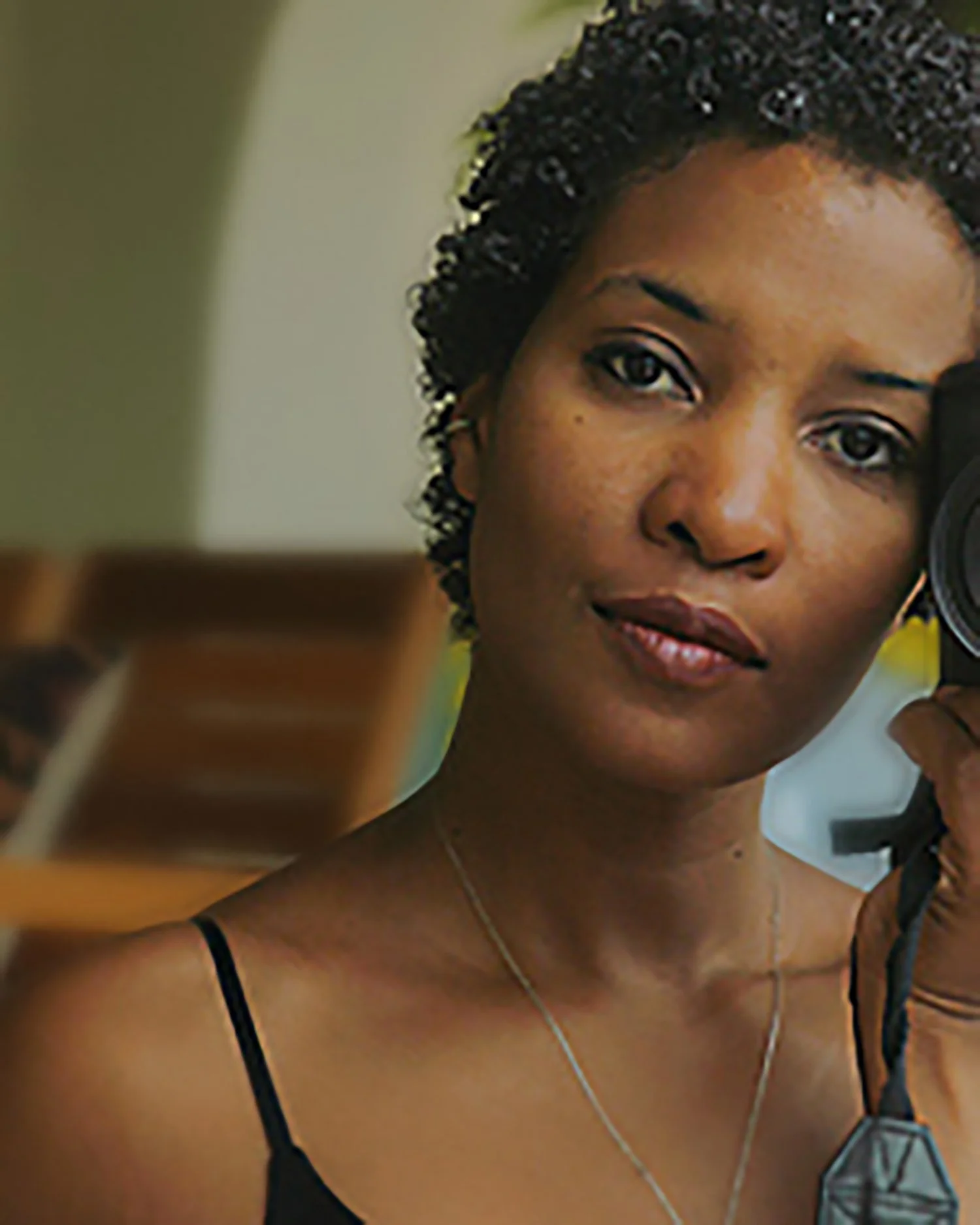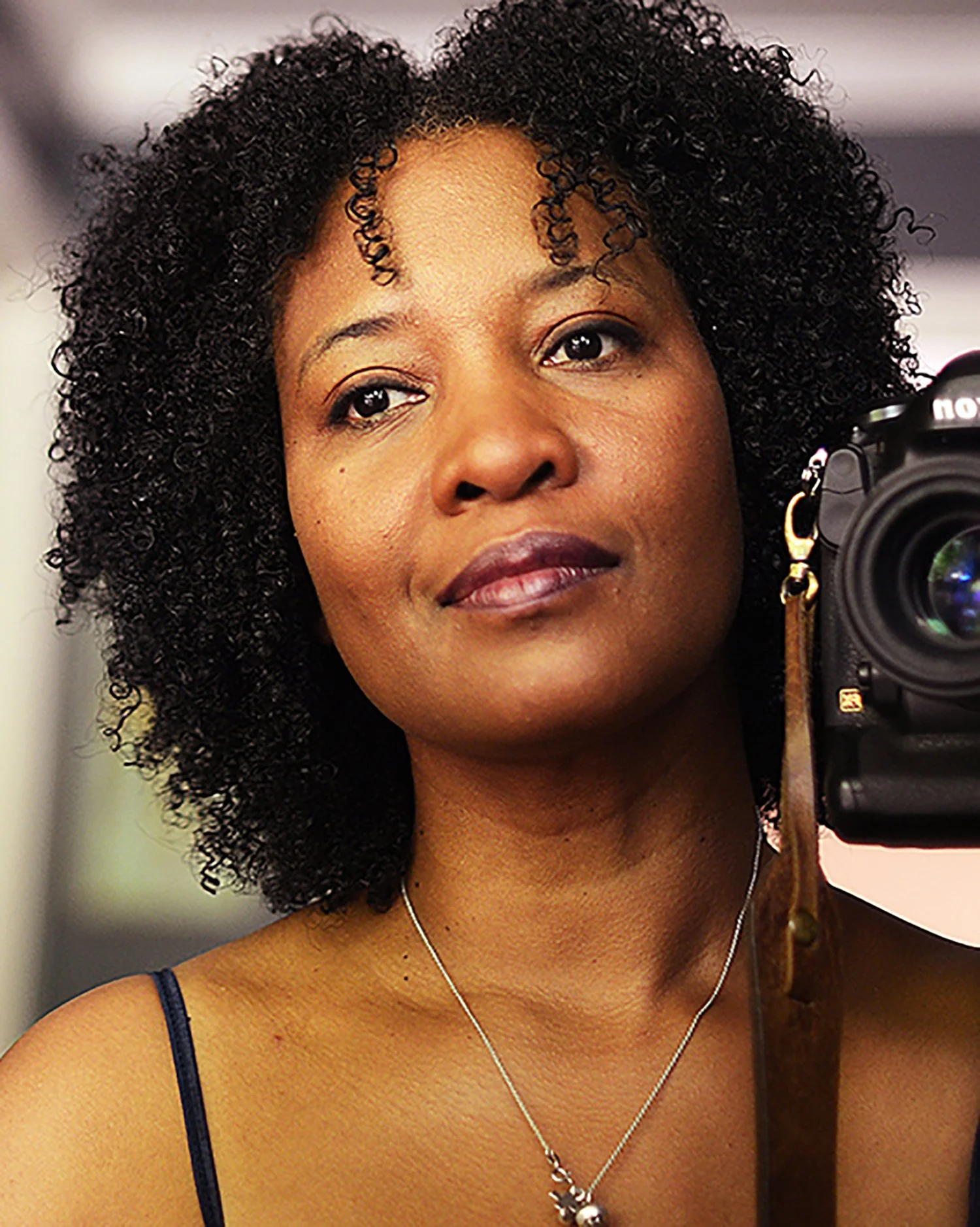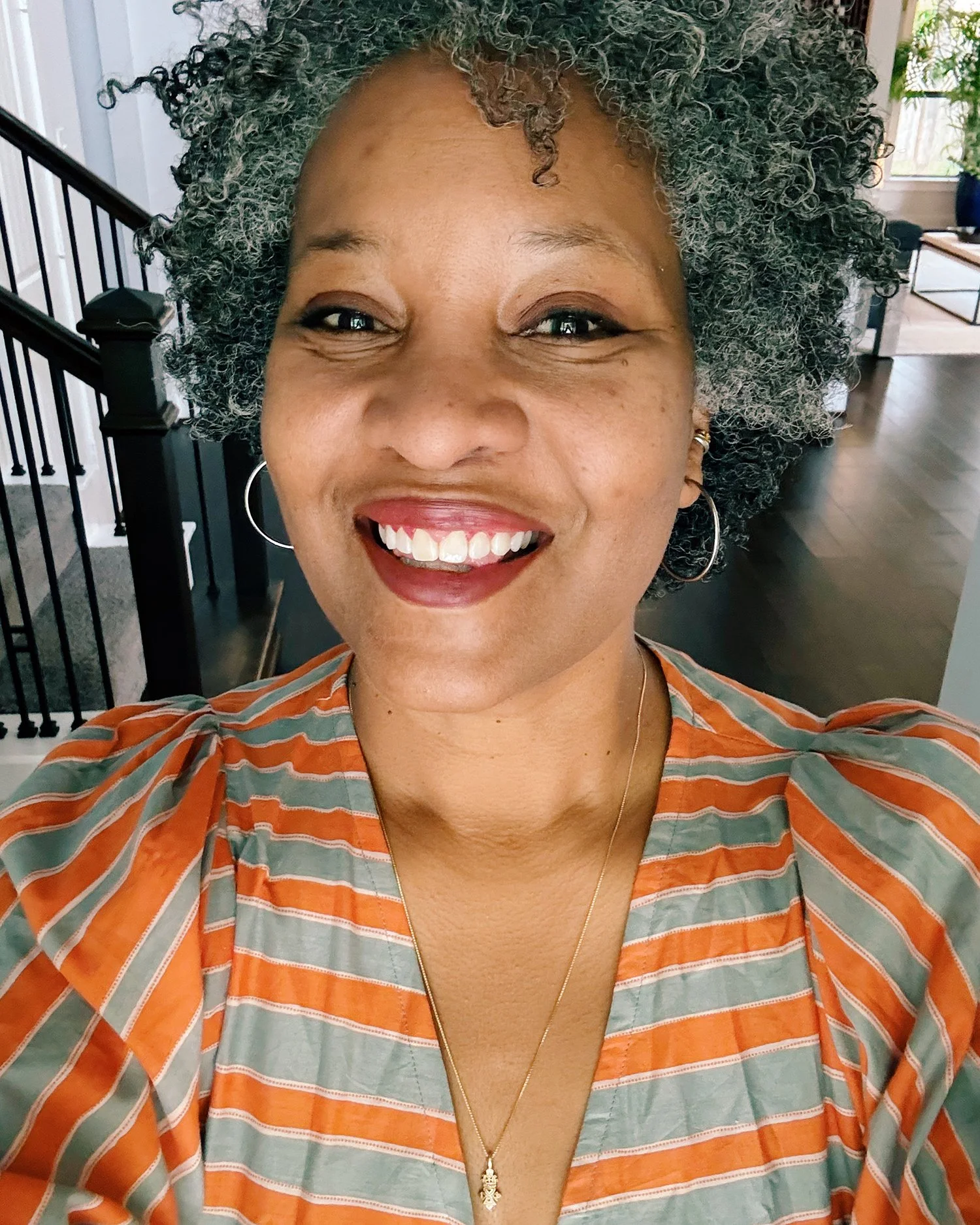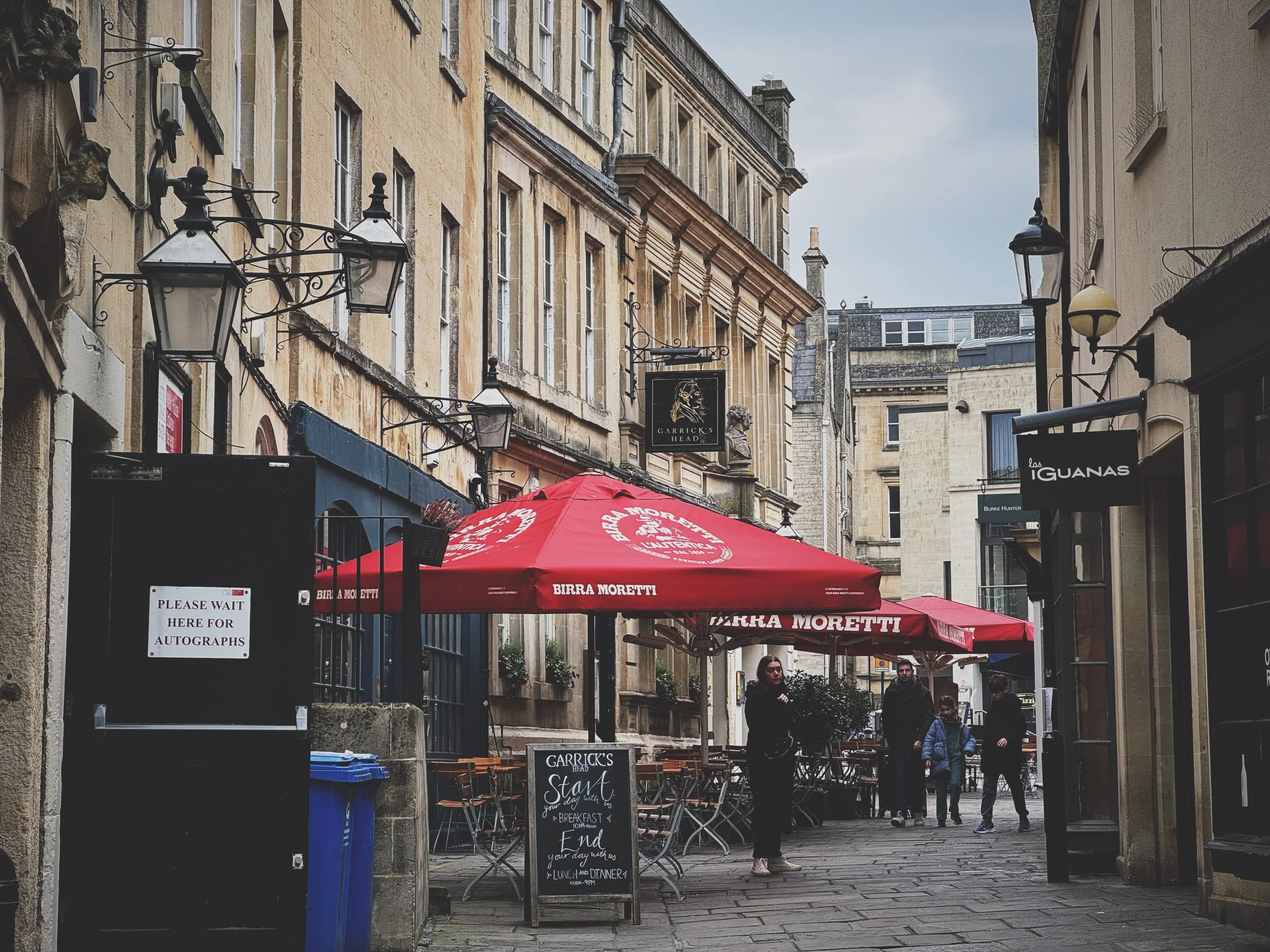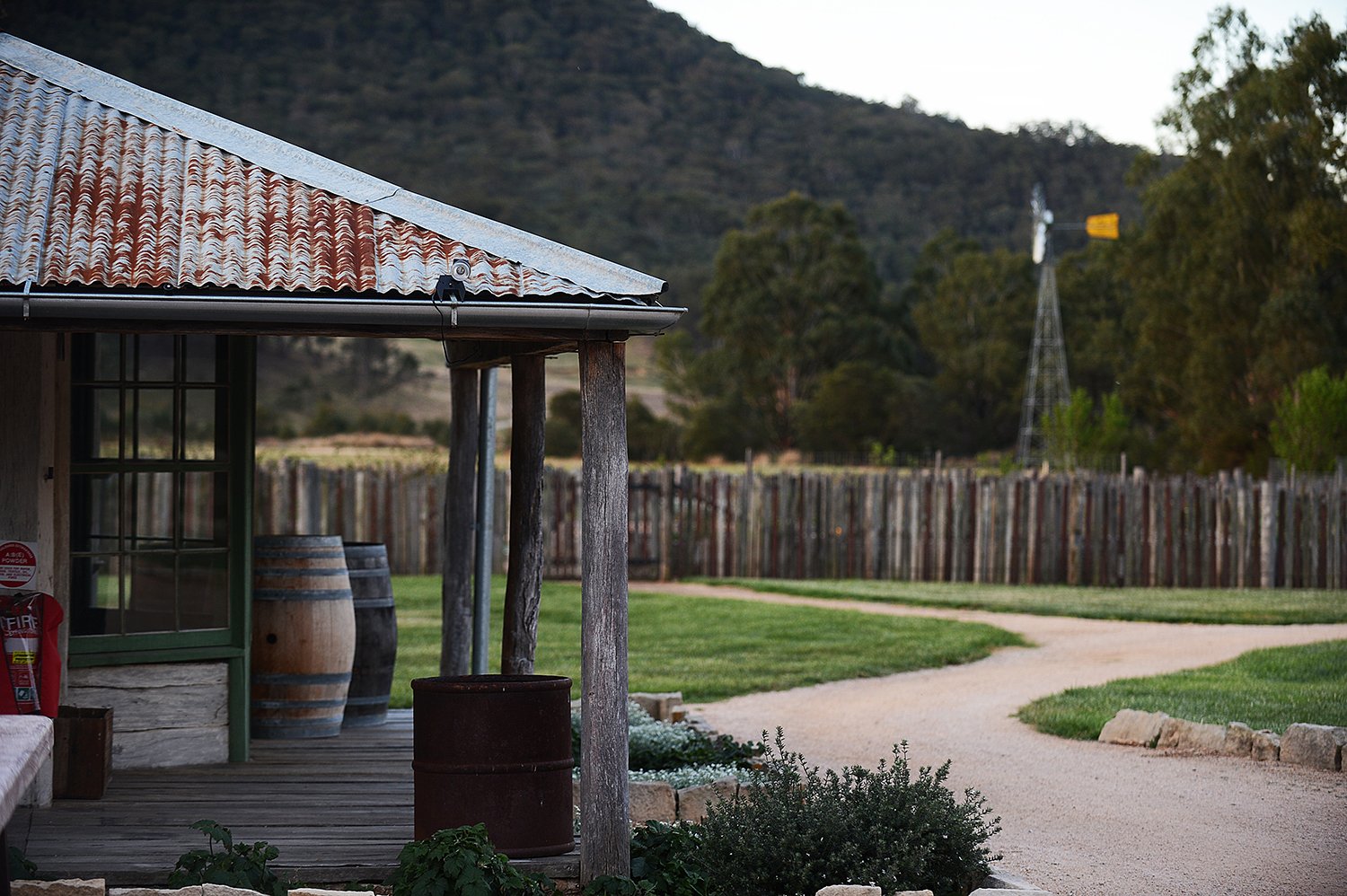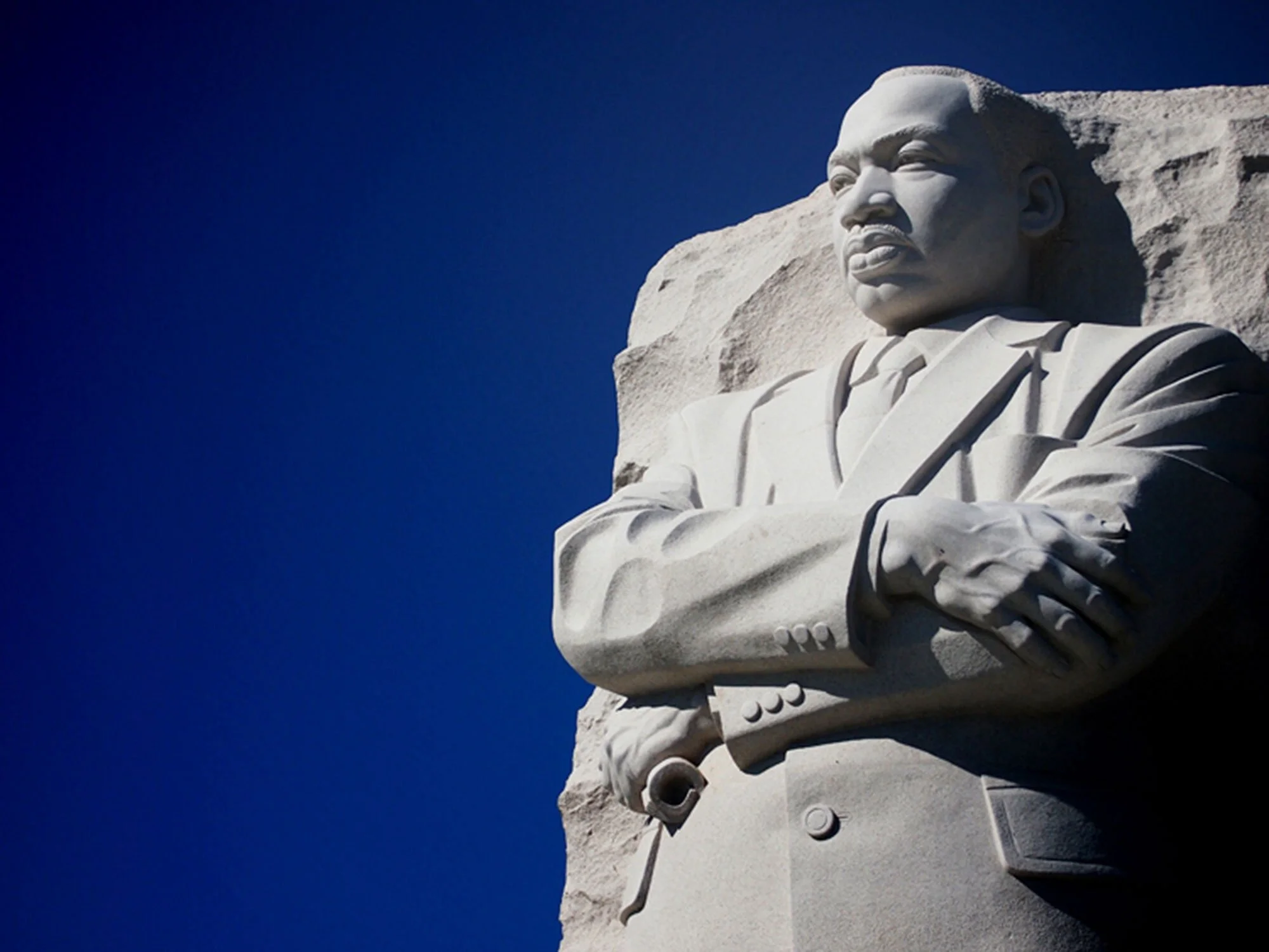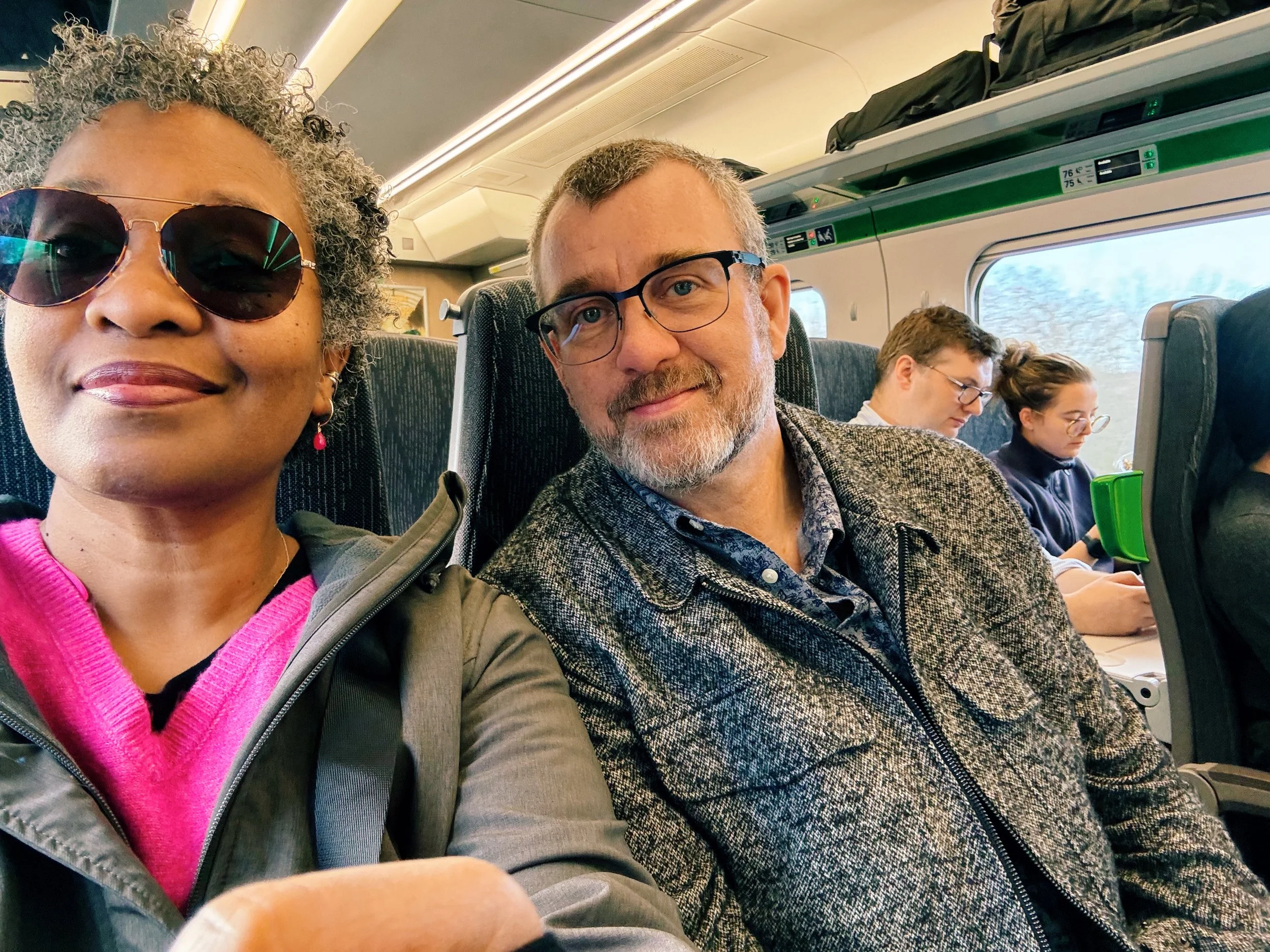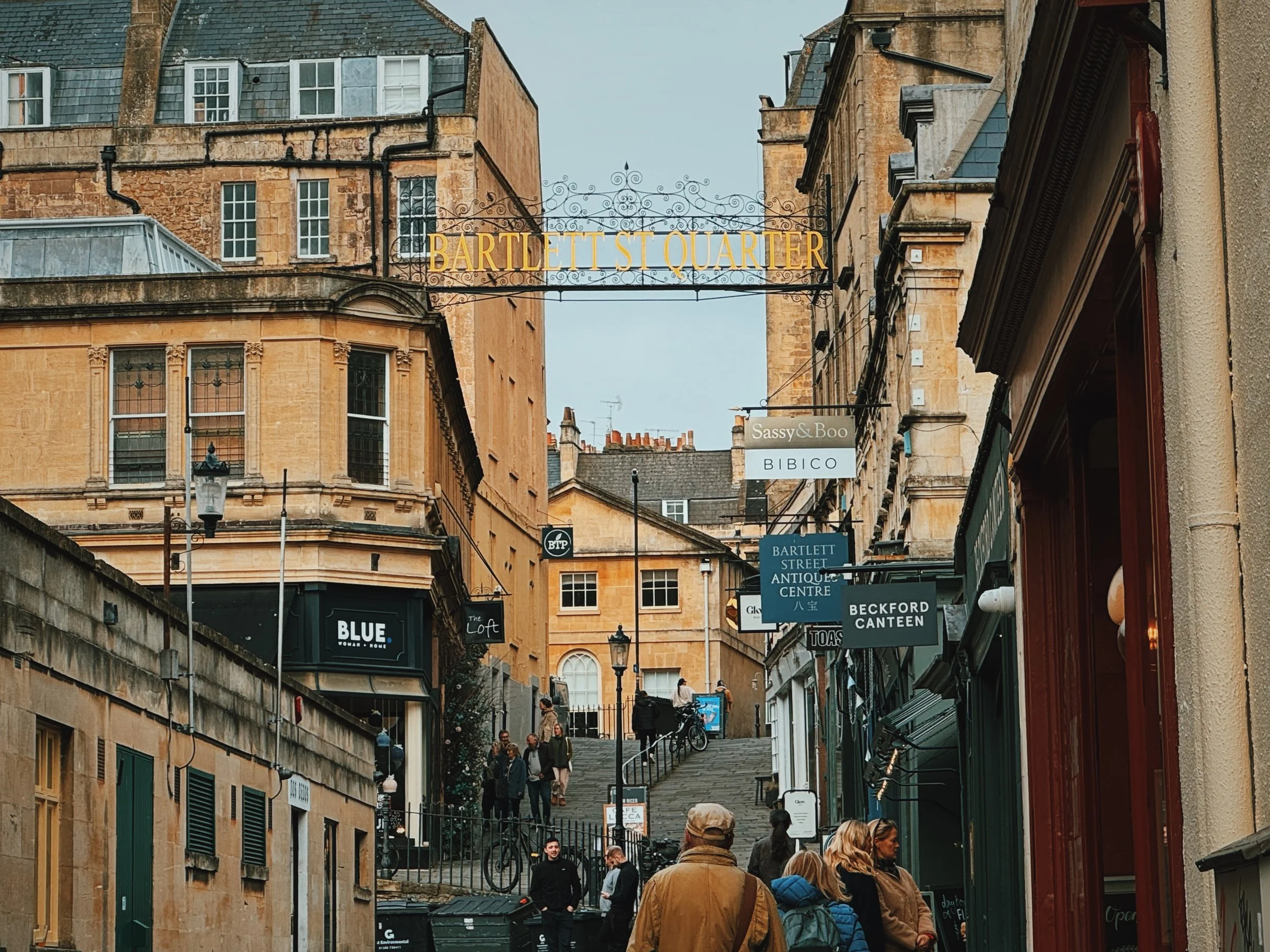on community, algorithms and humanity
Me in 2005.
I’ve been doing a lot of thinking, lately. And after decades of being online, I think the time has come to reevaluate my relationship with social media.
See, back when I first started writing my blog Chookooloonks (over twenty-one years ago!), there really weren’t that many people creating online content: political blogs were just starting to take hold, perhaps, but blogging had yet to become mainstream. I started writing Chookooloonks on Typepad, one of the earlier blogging/hosting services, and one that was only about four months old when I signed up. Facebook barely existed (and at the time, was only intended for Harvard University students). Twitter definitely didn’t exist, and Instagram wouldn’t appear on the scene until six years later. I’d started my blog simply to keep my Trinidadian family, my English family and close friends up to date on our adoption process — no more, no less. I didn’t think anyone other than the people who were related to me would ever read my words. Besides, I liked writing, and Chookooloonks was a place to dump my thoughts. There wasn’t any end game: its existence was its purpose.
Of course, things changed: thousands of folks around the world found my words. And at the risk of sounding hyperbolic, our blogs back then were transformative, not just because we were helping to create a new form of media, but because we were owning our stories and connecting through them, in ways we could never have imagined. In fact, I remember once, many years ago when my family was still living in Trinidad, a young woman wrote to me: “Karen, we don’t know each other, but I’m 24 years old, white, and a member of the Junior League here in New York City. And I love your blog. If you had ever asked me if I had anything in common with a 30-something, Black woman in the Caribbean, I would’ve said no. But here we are.”
Isn’t that incredible? The fact is, stories humanize. And lately, sometimes I think we forget we’re human.
Me in 2015.
Because since that time, technology has advanced in a way that is specifically designed to inhibit our humanity. Twitter came along, and encouraged us to keep what we had to say to a brief 140 characters or be prohibited from participating on the platform. (Nowadays, I think it has increased to 280 characters, but still.) For a time, Instagram embraced the storytelling inherent in photography, but eventually platforms like Vine and TikTok, which valued quick videos of lighter entertainment, eventually pushed Instagram to follow suit to remain competitive. Then came the ad revenue: our stories became less and less important, and just our attention (addiction?) — and therefore our data — became more valuable.
I’m ashamed to admit that for the most part, I was willing to ignore this evolution. I did keep writing in long form — my blog still exists, in the form of this Substack, and I stopped using Twitter when Elon Musk purchased it — but because I felt compelled to market my books, I’ve continued to cultivate an audience on Instagram, and to a lesser extent, Facebook. But recent events have left me conflicted: the first was Mark Zuckerberg’s announcement of the end of fact-checking and content moderation and essentially, the relaxation of Meta’s restriction on hate speech. The second is more personal: even though I’ve never used Meta’s platforms for anything particularly controversial, I recently shared on Instagram what I thought was an innocuous story about a bill that would unfairly impact women, and I suggested that people contact their representatives to urge them to keep the bill from passing. My share was summarily taken down, with a note stating that it “violated community standards.” Around the same time, someone messaged me porn, and when I reported it, I was told it was fine. Since both of these incidents, I suspect I’ve been “shadow-banned”: despite having over 22,000 followers on Instagram, data analytics recently indicate only about 200 actually see my posts. And finally, I recently learned that Meta had pirated my books to train their AI, without my permission, or even notice.
And so I’ve been asking myself — why?
Why is it okay for Meta to ban my content from being seen by folks who’ve signed up to see it, while also capitalizing on my data and stealing my intellectual property?
Why am I spending so much time trying to cultivate an audience, when again, Meta is actively keeping my content from being seen by 99% of my followers?
Why do I suddenly care about “audience” and “followers,” when community and connection have always been far more important to me?
To that end, I’ve decided to slowly begin weaning myself from Meta, and instead return to my values of story, and community, and connection. If you’re already subscribed to this Substack, I’m deeply grateful, and never fear: like Celine’s heart, it will go on. (For those of you who have paid subscriptions, I’m thinking of new ways I can express my gratitude to you, but I’d also welcome your suggestions for offerings you’d love — please share them in the comments, below). But going forward I’ll use Meta solely for the occasional announcement — if at all. Right here is where the connection and community will be.
Me in 2025.
So, there you have it. And by the way, thank you so much for sticking around. I remain so grateful, and always, always feel free to email me, or leave a comment below.
Together, let’s remind ourselves of our humanity.
